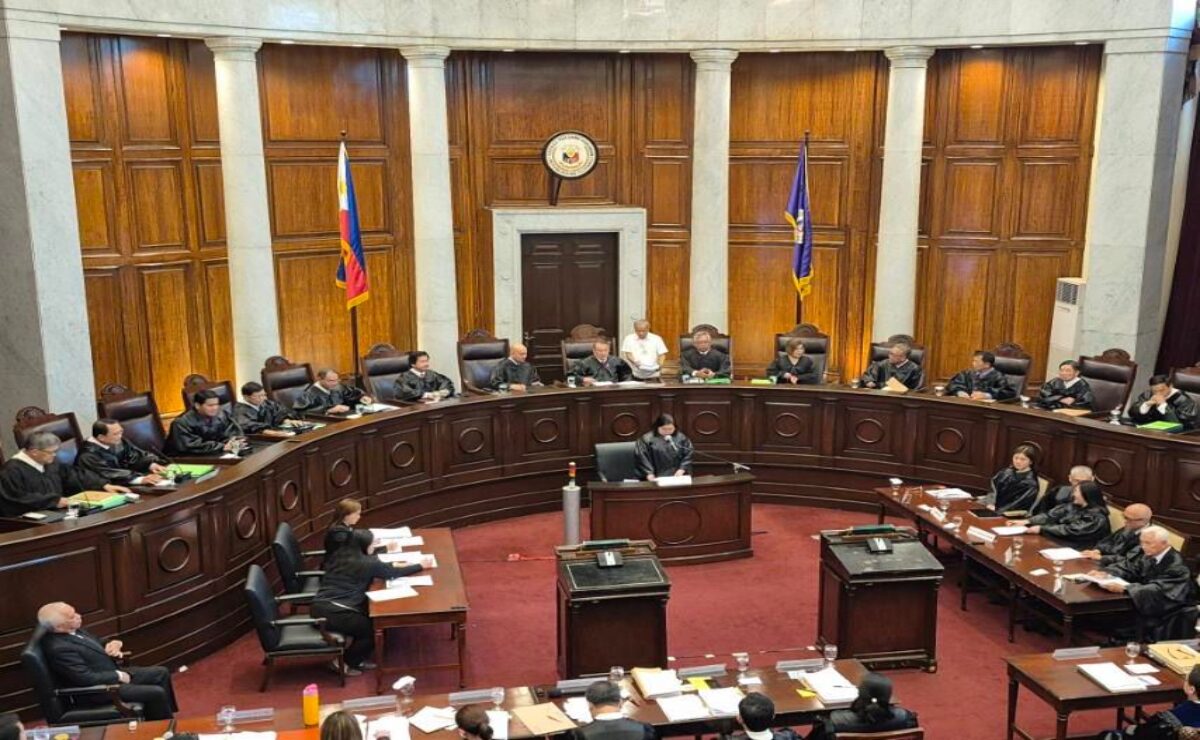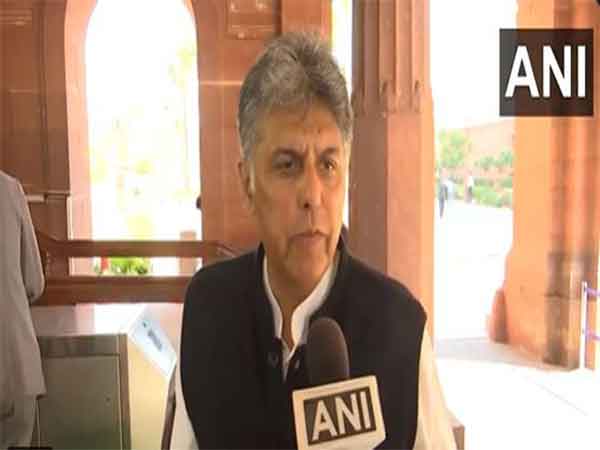
The Supreme Court conducts oral argument on three petitions challenging the transfee of the P89.9 billion excess funds of PhilHealth to the national treasury on February 4, 2025. | PHOTO: Tetch Torres / INQUIRER.
net MANILA, Philippines — The Philippine Health Insurance Corporation (PhilHealth) on Wednesday said it is aiming to raise its coverage of hospital bills for members to 18 percent in 2025, then further to 28 percent by 2028. PhilHealth announced it during the continuation of the Supreme Court’s (SC) Oral Arguments on the controversial transfer of the P89.9-billion PhilHealth excess reserve funds to the national treasury.

READ: PhilHealth: Few Filipinos availing themselves of Konsulta During the hearing, Associate Justice Jhosep Lopez shared his experience that PhilHealth only covered P50,000 of his hospital bill, which reached P7 million in 2023. Due to this, Lopez asked PhilHealth what the ideal case rate of PhilHealth is, especially to fulfill the Universal Health Care Act’s intention that “no Filipino family should suffer as a consequence of one sickness.” “PhilHealth’s target for [the] year 2025 is 18 percent, your honor, mako-cover po niya (it can be covered),” PhilHealth Senior Vice President Renato Limsiaco Jr.
said in response to Lopez. Limsiaco added that PhilHealth intends to further increase coverage to 28 percent by 2028. “As we progress the implementation, Your Honor, in the coming years, mayroon (there is a) national health financing strategy that is set up through our Department of Health.
By 2028, PhilHealth’s gonna cover 28 percent,” he explained. However, Lopez questioned why PhilHealth is not targeting at least 50 percent, given that it is an “ideal case rate.” Limsiaco said that such coverage already happens, particularly in government hospitals.
“Your Honor, PhilHealth actually covers that one, particularly in cases in the government hospital. When I say government hospital, we have the Department of Health and of course on the part of our local government hospitals,” he said. Subscribe to our daily newsletter By providing an email address.
I agree to the Terms of Use and acknowledge that I have read the Privacy Policy . “So we also have no balance billing implemented in the government hospitals. Meaning, wala na po babayaran ng ating mga pasyente po on those hospitals (patients won’t have to pay for hospital bills,” he added.
.











